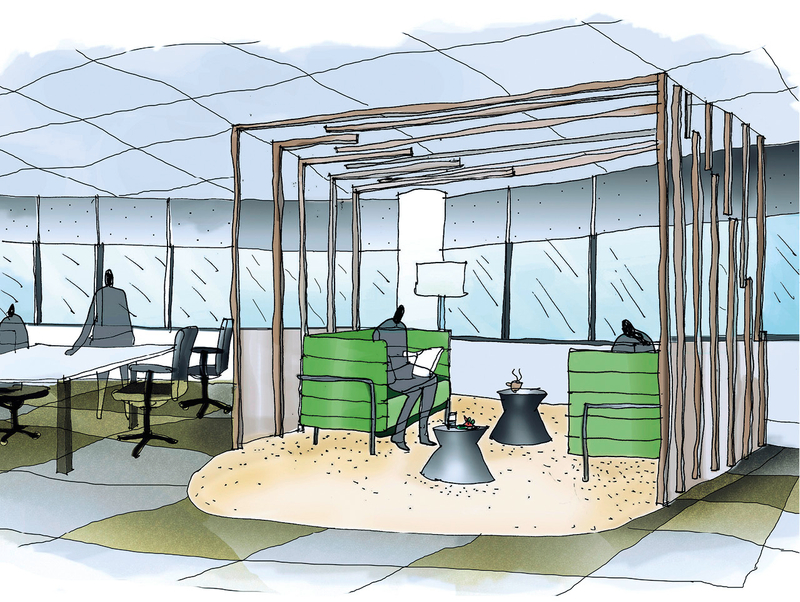Dubai: Care to have a robot as your therapist? It’s not as far-fetched as it seems.
In the UAE, the combination of stress and anxiety over work has “impacted the mental health of 86 per cent of the workforce,” according to Oracle. Nearly 30 per cent complain about burnout issues, more stress has been cited by 41 per cent, and a lack of work-life balance is affecting 39 per cent. Loneliness is gnawing at the minds of 19 per cent.
If they had an opportunity, 77 per cent of respondents in a new Oracle study confessed they would much prefer talking to a robot about their stress levels and work-related anxiety than to their managers. And 86 per cent would prefer robots to humans to be their therapist or counsellor.
Why? Because unlike with humans, robots offer judgement-free feedback, and are unbiased when it comes to sharing problems. With work-related stress levels on the spike after COVID-19, the human workforce is far more open to unconventional ways to get their stress levels down.
See More
Alarming levels
The Oracle findings show that while remote working and other options organisations took got the work done, it was accompanied by a sudden and sharp increase in instances of anxiety and depression. The study finds that 81 per cent of those polled felt they are dealing with more stress and anxiety at work this year.
“With new remote work expectations and blurred lines between personal and professional lives, the toll of COVID-19 on our mental health is significant,” said Dan Schawbel, Managing Partner, Workplace Intelligence. “It’s something that workers across every industry and country are dealing with.
“The pandemic has put mental health front and center – it’s the biggest workforce issue of our time and will be for the next decade. The results of our study show just how widespread this issue has become, and why now is the time for organizations to start talking about it and exploring new solutions.”
Not an isolated issue
The survey polled more than 12,000 employees, including 929 from the UAE, in 11 countries. While organisations and employees were quick to adapt to remote working, the hidden costs of doing so are now piling up.
• 91 per cent of respondents in the UAE say mental health issues at work are affecting their home life
• The most common outcomes were sleep deprivation (37 per cent), deterioration in physical health (43 per cent), blowups in family relationships (35 per cent), and isolation from friends (34 per cent).
• Remote working is now causing 52 per cent of those polled to say they are putting in 40 more hours each month, while 29 per cent are feeling burnout from overwork.
But there are also takers for remote work ways. Around 70 per cent of UAE workers find it more appealing than they did before the pandemic, saying they have more time to spend with family (60 per cent), sleep (34 per cent), and get work done (35 per cent).

Image Credit: Gulf News Archive
Taking note
Organisations in the UAE are taking note. Market sources say some of them are adding mental health cover to their group insurance policies. “Such organisations are still in the minority, but mental health issues among workforces will be a key issue next year,” said a source at a leading insurance firm. “But even if they wanted to, many businesses will find it difficult to add mental health cover – the focus for next year is to cut down on costs across the board. It will be felt in group policies too.”
Call in technology?
A bit of help from tech could be a partial solution. “There is a lot that can be done to support the mental health of the global workforce – and there are so many ways technology can help,” said Emily He, Senior Vice-President, Oracle Cloud HCM. “But first, organizations need to add mental health to their agenda.
“If we can get these conversations started – both at an HR and an executive level – we can begin to make some change. And the time is now.”
